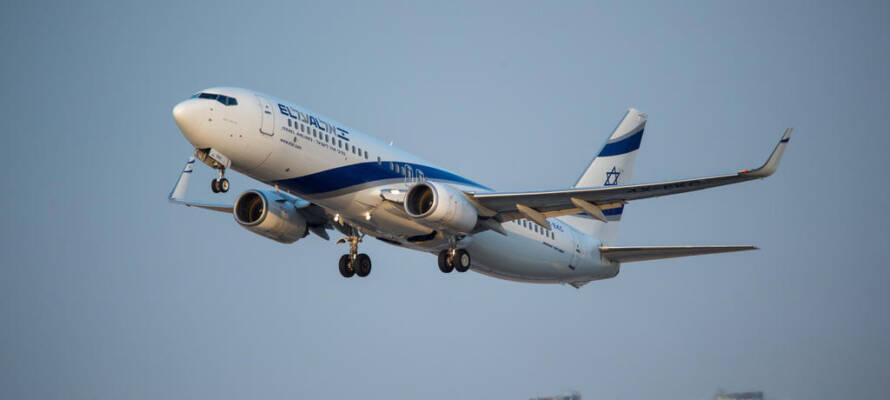Israeli airline announces record profit of $147.4 million for the second quarter of 2024, the second consecutive quarter the carrier set a record profit.
By Pesach Benson, TPS
Israel’s flagship airline, El Al, announced a record profit of $147.4 million for the second quarter of 2024 on Thursday, marking the second consecutive quarter the carrier set a record profit. The airline also announced a $2.5 billion deal to purchase new aircraft to upgrade its fleet.
Many international airlines have suspended their flights to Israel as tensions remain high with Iran. In recent days, several airlines including the Lufthansa Group, Ryanair and Air Europa extended their canceled flights until Aug. 26.
While the cancellations left thousands of Israelis stranded abroad, they also gave El Al a near-monopoly on flights. According to the Israel Airports Authority, 62% of Ben-Gurion Airport traffic during the first quarter of 2024 was with El Al.
El Al reported a 92% seat occupancy rate — a five percent increase in comparison to the second quarter of 2023. The airline also reported a 24% increase in “revenue per available seat kilometer” (RASK), a key performance metric used by the aviation industry in comparison to the second quarter of 2023.
During the period of April-June, El Al generated $839 million in revenue, an increase of 33% compared to the same quarter of 2023, shattering what was El Al’s record first-quarter profits of $80.5 million.
Meanwhile, the airline also announced a plan to purchase up to 31 Boeing 737 MAX aircraft, for up to $2.5 billion, the largest procurement in El Al history. The agreement will see El Al purchase 20 aircraft with an option for 11 more.
Delivery of the planes will begin in 2028.
“The landmark deal is a major milestone in implementation of the company’s strategic plan, which modernizes its fleet of aircraft, integrates the latest technologies and boosts seat capacity,” El Al said.
The record-setting revenue is a far cry from 2020. Coronavirus travel restrictions put El Al’s existence in doubt, forcing El Al to put 80% of its staff on unpaid leave.
Although El Al is privately owned, the government holds a “golden share” in the airline, allowing it to influence key decisions.
